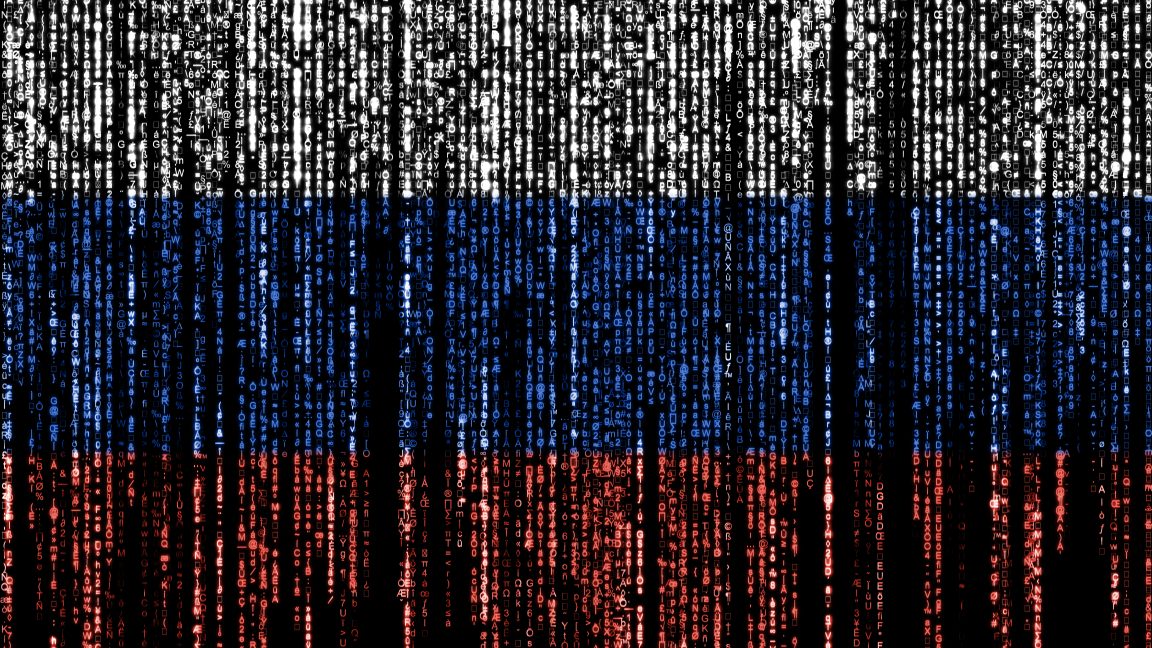Voice Phishing Trap Hits Cisco

Cisco representatives recently fell prey to a voice phishing attack, enabling cybercriminals to access user data from a third-party customer relationship management system. This breach exploited a representative's trust, giving malicious actors a way into sensitive profile information of Cisco users.
Cisco clarified that the compromised data mainly involved basic account profile details. These included user names, their organization names, physical addresses, Cisco-assigned user IDs, email addresses, phone numbers, and additional account metadata like creation dates. Fortunately, no confidential or proprietary data, passwords, or sensitive information were leaked.
This incident underscores a broader issue with phishing attacks, particularly those involving voice calls. Such attacks have become a key strategy for ransomware groups and other cybercriminals to penetrate highly secured organizations worldwide. Many successful breaches combine multiple communication forms stretching from email and texts to voice calls and push notifications.
To combat these security threats, the adoption of multi-factor authentication (MFA) compliant with the FIDO standard is recommended. FIDO's cryptographic measures prevent attacks by making credentials domain-specific, thus thwarting phishing sites. However, this technology is still emerging, and organizations often keep fallback authentication options, highlighting the need for added safeguards.
The US Cybersecurity and Infrastructure Security Agency offers guidance for resisting similar phishing attempts, emphasizing the importance of awareness and technical defenses against these evolving threats.
Background Illustration: Cisco's encounter with a voice phishing attack showcases the growing relevance of robust cybersecurity measures and innovative authentication solutions like FIDO.



